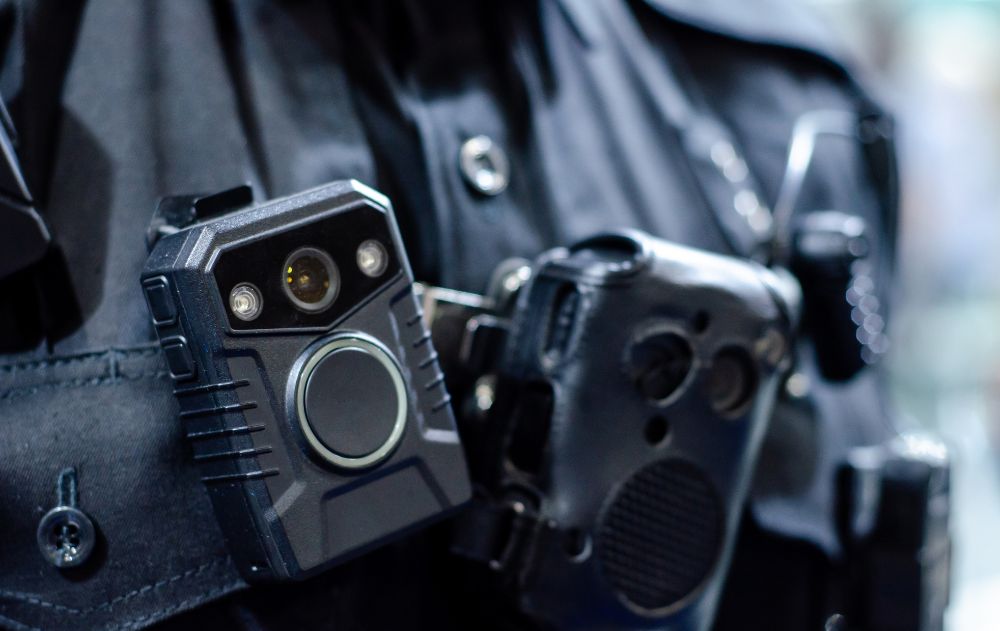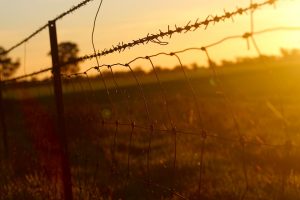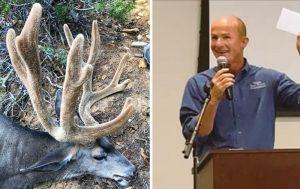In a trend that was first spearheaded by New York City’s police department back in 2013, the idea of police officers wearing body cameras is a requirement that is now spreading beyond traditional law enforcement. Used as a tool to protect both the public and police officers, body-worn cameras are now used by the majority of large police departments across the country.
This safety trend is continuing to expand outside of traditional law enforcement and into those we trust to guard and police our treasured natural resources. While not the first to do it, Washington state’s Department of Fish and Wildlife is the latest to adopt the use of these cameras, and plans to deploy one for each and every one of their 152 commissioned state wildlife police officers.
“This program advances our commitment to our core values and our mission to protect our natural resources and the public we serve,” said WDFW Police Chief Steve Bear. “Deploying body-worn cameras to our officers will help us build trust and relationships with all communities in Washington.”
As of right now, Washington joins the ranks of at least nine other fish and wildlife agencies in adopting the use of body cameras. In use for nearly a decade now, Pennsylvania originally adopted the practice back in 2014 after legislation was passed giving game wardens and waterways conservation officers the authority to run body cameras. Now the state is looking to expand their use, with a new bill proposal that will extend the use of body cams to deputies as well.
Following in the footsteps of Keystone State officers, Georgia game wardens began wearing body cameras in 2020, followed by Oklahoma, Arkansas and U.S. Fish and Wildlife Service Officers in 2022. And just this year, the Tennessee Wildlife Resources Agency also kicked off their body camera initiative – a move that was made internally by the agency rather than via a legislative mandate.
Given the fact that these law enforcement officers are often alone or, at best, in pairs, these mandates make a ton of sense. In an effort to sway the he-said-she-said that typically comes out of disputes out in the field, these cameras serve as a great way of settling any debate. Add in the fact that these officers are almost always dealing with armed individuals, and this step makes even more sense in serving to protect the officer and the public.
The program is set to roll out next month, just in time for this fall’s hunting seasons.




